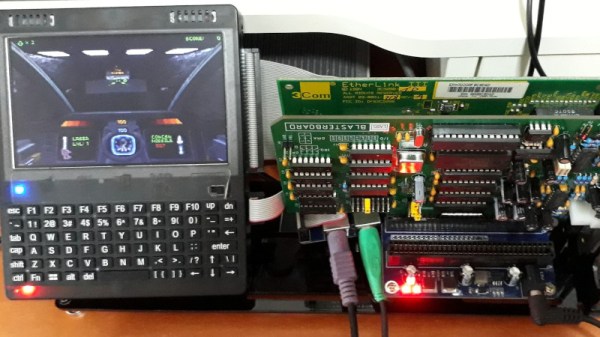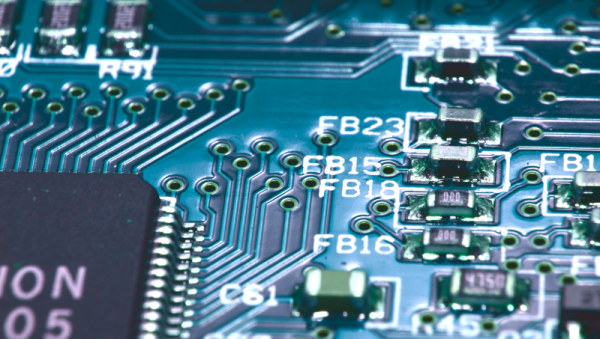If you’ve been car shopping lately, or even if you’ve just been paying attention to the news, you’ll probably be at least somewhat familiar with the kerfuffle over AM radio. The idea is that in these days of podcasts and streaming music, plain-old amplitude modulated radio is becoming increasingly irrelevant as a medium of mass communication, to the point that automakers are dropping support for it from their infotainment systems.
The threat of federal legislation seems to have tapped the brakes on the anti-AM bandwagon, at least for now. One can debate the pros and cons, but the most interesting tidbit to fall out of this whole thing is one of the strongest arguments for keeping the ability to receive AM in cars: emergency communications. It turns out that about 75 stations, most of them in the AM band, cover about 90% of the US population. This makes AM such a vital tool during times of emergency that the federal government has embarked on a serious program to ensure its survivability in the face of disaster.
Continue reading “Radio Apocalypse: Hardening AM Radio Against Disasters”














